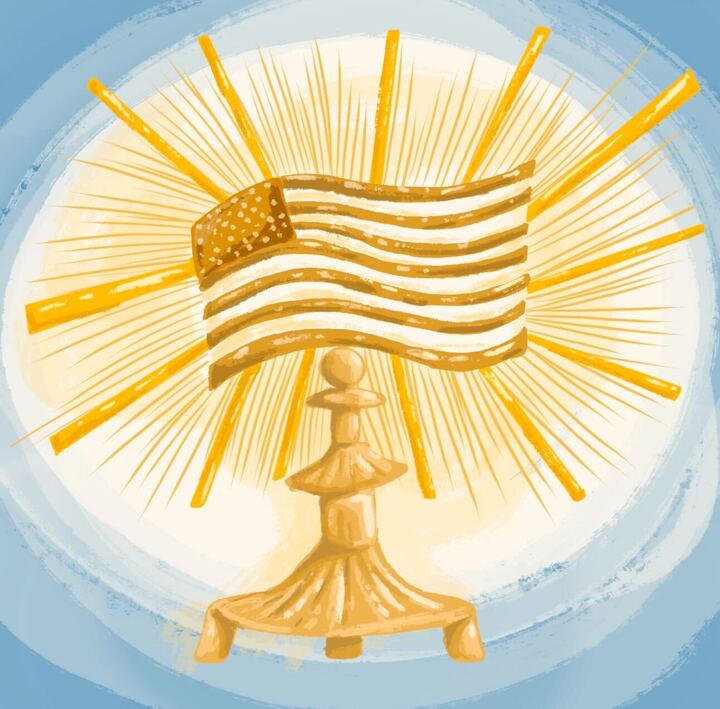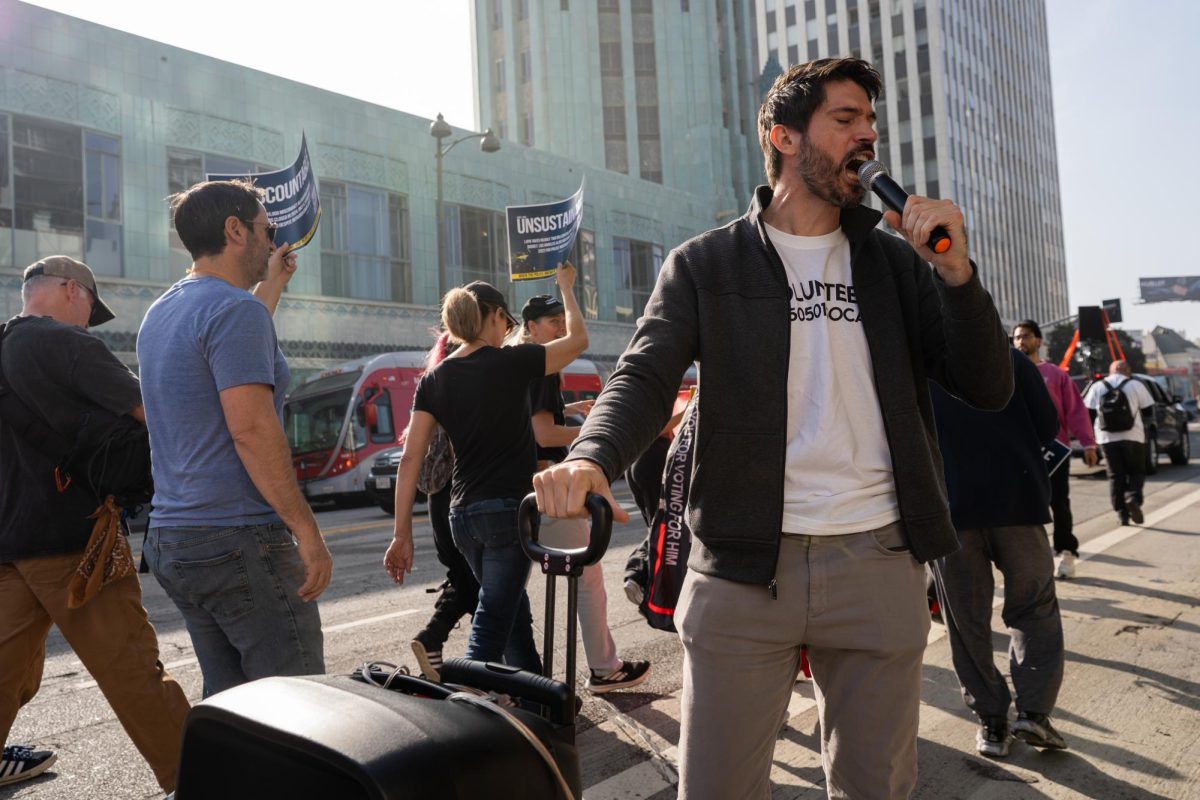In the past five years we have seen as Americans how political propaganda can influence the faithful. I am referring to Christians who have their firm beliefs in American fundamentalist views.
Religiously, Christianity, when strictly followed, does not resemble the character of a man who has been playing with power for the past few years now, Donald J. Trump. To the very few Christians in this country, including me, who feel this way, this is spiritual persecution.
The majority of Americans in the United States are Christian Protestants, majority evangelical who, unfortunately, endorse Trump, and according to Pew Research, voted for him in 2020. Not because of what their faith has to say about Donald Trump, but because of their political views on him. They endorse Trump because of his policies.
But, in light of the recent elections in 2016 and 2020, a particularly vocal group of evangelicals has decided to not only endorse Donald Trump because of his policies, but because of the fact that they view him as “God’s Anointed.”
Because of these widespread groups spreading their message across the Internet, it has made the faithful who do not support Trump, or do not wish to take part in politics, feel oppressed, or if you will, marginalized. If people do not support what Trump has to say, then they are told by these pastors or preachers that God does not favor them.
“Having grown up just down the road, the son of the senior pastor at another church in town, I’ve spent my life watching evangelicalism morph from a spiritual disposition into a political identity,” Tim Alberta wrote for The Atlantic. “It’s heartbreaking. So many people who love the Lord, who give their time and money to the poor and the mourning and the persecuted, have been reduced to a caricature. But I understand why. Evangelicals — including my own father — became compulsively political, allowing specific ethical arguments to snowball into full-blown partisan advocacy, often in ways that distracted from their mission of evangelization for Christ.”
To his credit, even when my dad would lean hard into a political debate, he was careful to remind his church of the appropriate Christian perspective.
“God doesn’t bite his fingernails over any of this,” my father would say around election time. “Neither should you.”
We recently had an election, Super Tuesday, where 15 states held their primary elections, a day that determined who would become the nominees in the General Election.
So many Christians have been anxious about who would truly represent them. They automatically turn to someone who supports the values of a Christian, either told to them by their pastors or by conservative media.
As Christians, we ought to understand and realize that we don’t have to choose what some might have referred to as “the lesser of two evils,” or any sort of man who stands up more for God in words rather than in spirit.
As a Christian myself, I have been disheartened by politics as a whole. Sure, people might encourage us to vote, because in voting, our voices are heard. But what if neither of these candidates represents us?
That is when we might either refrain from voting for our mind’s sake, or vote for things that really do matter to us. Luckily for Los Angeles, we have seen not only presidential primaries, but we have also seen congressional votes that were up for grabs. And further down the line, we have seen propositions for California and Los Angeles.
One of the propositions that has stood close to my heart was Proposition 1, which would allow homeless individuals to receive mental health treatments effectively. This has been speculated for some time now. Issues like this probably matter more to us than two men running for president who might not even resonate deeply with Christians who want to get something done, two men laying down promises on the table that may or may not be fulfilled, if ever.
The message of this article is positive encouragement to those who are Christian and feel burdened by conservative politics to vote for someone who claims that they stand up for Christian values. They don’t have to cast their ballots for those whom they feel are lacking in direct action. If you wish, the option to refrain from voting is there, for the sake of anxiety and spiritual persecution, or if any propositions on the ballot matter to one’s own beliefs, that is something worth considering.
If you feel that turning to God in prayer might be a better solution, that is initially up to you. Whether political or apolitical, Christianity and what it stands for should matter in one’s faith journey, not Christian nationalism.












